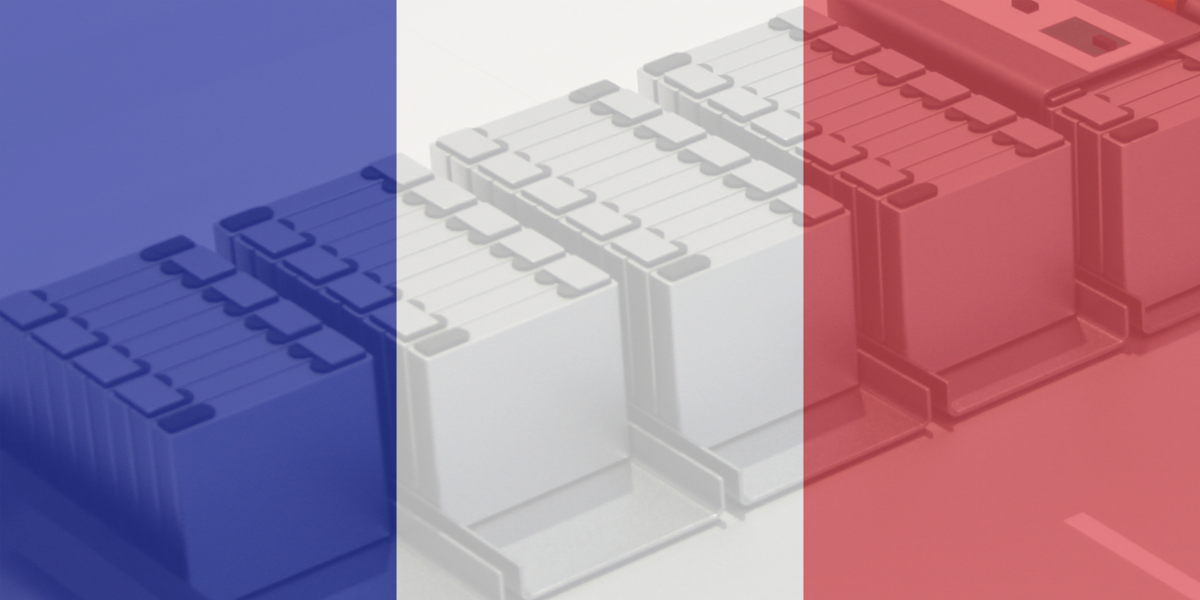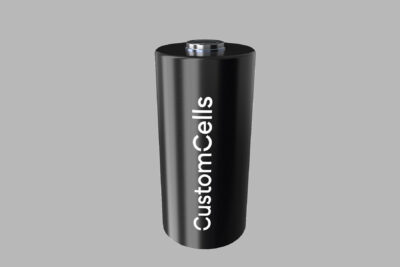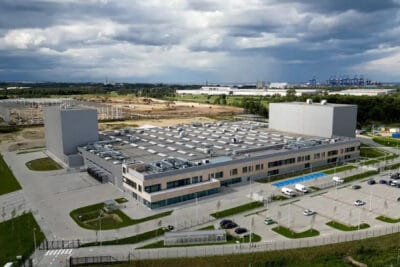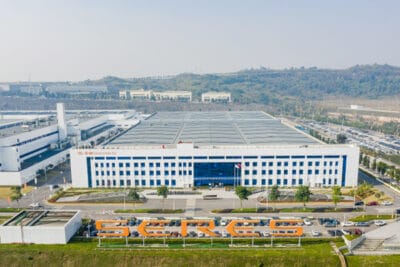Battery cell production in Europe: a view from France
The Franco-German initiative to establish battery cell production in Europe is on but who are the key players and their arguments and most importantly, where could a facility best be built? An overview by our Paris correspondent Cora Werwitzke.
While the German Minister of Economic Affairs, Peter Altmaier, took the risk early on with a funding commitment of one billion euros to set up cross-border battery cell production, it took France’s President Emmanuel Macron a little longer to specify the plan. Now he followed suit with his promise to invest 700 million euros over the next five years. Both neighbours had already agreed in December on the joint development of a strategic approach for the future production of battery cells in Europe.
In France, the major project runs under the name “Airbus des batteries”, a term the European Commission also uses to promote the EBA initiative. It makes the European aviation giant Airbus the model of a European joint venture for cell production. According to Emmanuel Macron, the plan so far is to build a factory in France and one in Germany, with the Burgundy-Franche-Comté region now being discussed as a prime location on French soil.
A 50-hectare site on the Sochaux PSA complex
The region’s President, Marie-Guite Dufay has recently published a proposal for building such a battery plant in the Montbéliard conurbation near the tri-junction of France, Switzerland and Germany. And not just anywhere there, but on the traditional PSA site in Sochaux. “The region is ready to consider any project to install a battery production complex,” writes Dufay in her statement. But in particular, she is looking at a 50-hectare area on the PSA site, which “already has rail, road and river connections as well as suitable industrial buildings,” as she points out.
As part of a 200 million euro project, the French carmaker is currently modernising the site, also with regards to e-mobility. The fact remains: the automotive industry has deep roots in the region where 45,000 jobs depend on the sector. Sochaux and the adjacent Mulhouse area account for more than half of France’s automobile production. Similar to comparable strongholds in Germany, the focus here is on “managing change” as the order of the day.
PSA has expressed their support for establishing a European battery cell production more than once. The group “enthusiastically supports the creation of a European champion in battery development and manufacturing, because here too we must protect the competitiveness of the European automotive industry vis-à-vis the rest of the world,” CEO Carlos Tavares made clear early on in the discussion on EU level reportedly. France’s second major carmaker, Renault, has also signalled its intention to buy European cells in the future.
On the political level, President Macron called for a “European wake-up call” in his latest speech on the subject. “With regard to sovereignty and independence, I don’t think it is good in the long term that ours and European industry are 100 per cent dependent on non-Europeans,” he told representatives of the sector. With the dilemma identified, will action follow quickly? Germany and France in their initial statement said they want to make a decision “before the end of the first quarter of 2019” regarding the industrial consortia to be considered for funding, “including automobile manufacturers”. The clock is ticking.
One million electric and hybrid vehicles by 2022
Meanwhile, in the same speech, the French President announced new measures to achieve the target of one million electric and hybrid vehicles on France’s roads by 2022. The federal plug-in grant or environmental bonus for the purchase of PEVs is to be set for several years. Also, the government wants to create incentives for company electric cars and workplace charging facilities or abolish complicated taxation in this area entirely. In addition, municipal fleets are to set an example and within three years half of them will already consist of “low-emission vehicles”.
As far as the charging network is concerned, Macron announced the continuation of the so-called Advenir program, which grants subsidies for the installation of charging stations. He expects rapid progress in interoperability and roaming from network operators. Also, a map with all public charging stations is to be designed and made accessible online, and the government will launch a website called jechangemavoiture.gouv.fr (French for “I replace my vehicle”) in May.
But that’s not all: the head of state also wants to oblige property owners to react more quickly to residents’ demands for home charging and to give local authorities the legal option of introducing free parking or separate traffic lanes for electric vehicles. And finally, the “Inifini Drive” project, which deals with the development of a communication standard between vehicle, charging station and power grid, will receive 3.4 million euros. You can possibly call this an e-mobile all-rounder.
automobilepropre.com, estrepublicain.fr, reuters.com (cell production), fr.reuters.com (PSA), automobile-propre.com, avere-france.org (latest measures)
Reporting by Cora Werwitzke, Paris.





2 Comments